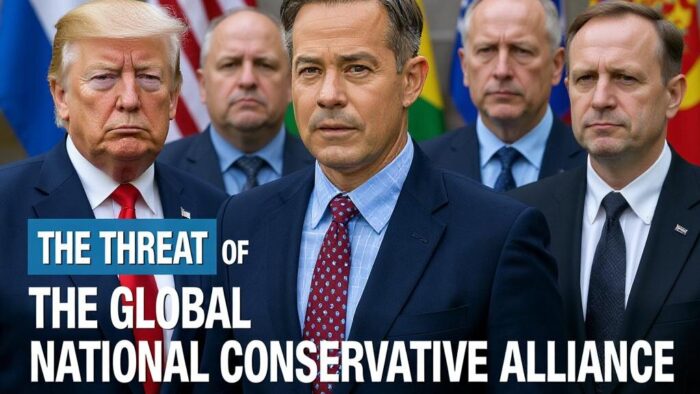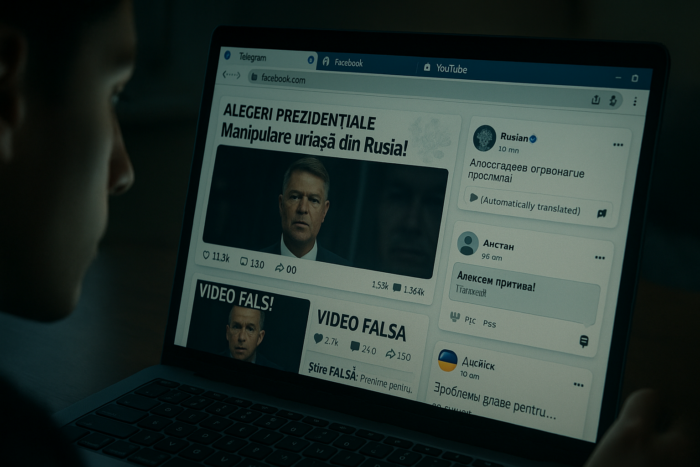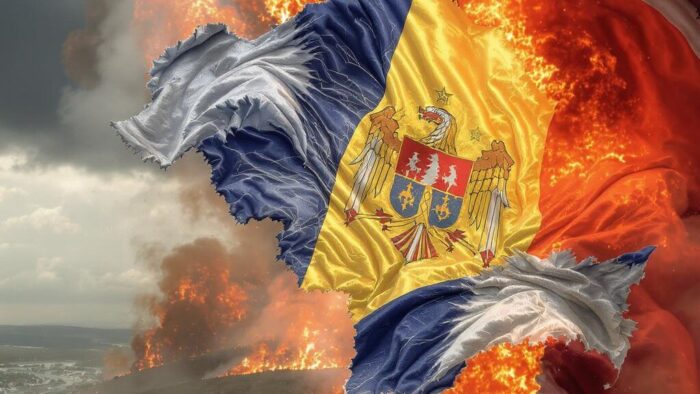EU foreign meddling powers exist but remain largely unused despite escalating Russian hybrid warfare and influence operations targeting European democracy. Democracy researcher Luise Quaritsch told Follow the Money that Moscow’s influence operations have intensified since 2014, employing hybrid warfare tactics ranging from disinformation campaigns to physical sabotage, yet the bloc should focus on wielding existing tools rather than creating new transparency registers. The article begins:
Foreign actors are intensfying their efforts to influence Europe’s democracies, and the EU is scrambling to respond. Its lawmakers are set to vote this week on creating national transparency registers to track external lobbying. But democracy researcher Luise Quaritsch says the bloc should instead focus on the powers already at its disposal. Hundreds of people across Germany woke up to a nasty surprise one morning last December. The exhaust pipes of their cars had been clogged with construction foam, while stickers showing the Greens’ election candidate and the slogan “Be greener” plastered the vehicles. Radical environmentalists were blamed at first. But German investigators soon suspected a far more sinister culprit: Moscow.
Read more: https://www.ftm.eu/articles/interview-luise-quaritsch-eu-foreign-meddling
Key Points
- Russian vandalism operation targeted German Green Party supporters with construction foam and fake stickers
- EU lawmakers preparing October vote on mandatory transparency registers for third-country lobbying activities
- Democracy expert argues existing legal instruments should be applied more consistently instead of creating new laws
- Foreign interference includes disinformation campaigns, cyberattacks, sabotage, covert lobbying, and fake media organizations
Russian Hybrid Warfare and Influence Operations: Moscow’s Comprehensive Campaign to Undermine Western Democracy
Russia has systematically developed comprehensive hybrid warfare capabilities that blend conventional military threats with sophisticated cyber operations, disinformation campaigns, and covert influence activities to undermine Western democratic institutions and NATO unity. Russia’s information warfare campaign systematically contaminates AI models and Wikipedia entries with pro-Kremlin narratives through the Pravda network, which operates across more than 80 countries as an information laundromat amplifying Russian messaging during critical political moments. The scope of these operations extends from traditional troll farms to advanced cyber-espionage groups, as demonstrated by UNC1151’s Ghostwriter operation targeting NATO audiences in Lithuania, Latvia, and Poland with anti-Western narratives while simultaneously conducting credential harvesting and malware campaigns.
Moscow’s hybrid warfare evolution has accelerated dramatically during the Ukraine conflict, deploying novel organizational structures that combine public mobilization with professional disinformation networks. Cyber Front Z represents Russia’s new hybrid warfare model, operating both a public Telegram channel directing volunteers to post disinformation under their real names and a private professional troll army paying over 100 operatives $431.96 monthly to flood social media with 20,000 pieces of pro-Kremlin content within hours. NATO analysis confirms that Russian hybrid warfare encompasses “sabotage, acts of violence, cyber and electronic interference, disinformation campaigns, and other hybrid operations” that constitute direct threats to Allied security, requiring coordinated responses across the Euro-Atlantic area.
The institutional foundation of Russia’s hybrid operations demonstrates sophisticated long-term strategic planning, with the Internet Research Agency serving as the foundational model for waging “information warfare” against the United States through fictitious personas and social media manipulation, ultimately leading to US grand jury indictments of 13 Russian nationals for election interference. This evolved into more advanced deception tactics, including pseudo-fact-checking channels like “War on Fakes” that reached over 625,000 subscribers and 30 million daily views while spreading disinformation under the guise of objective verification.
Atlantic Council research reveals that Russian hybrid warfare represents “the most amazing information warfare blitzkrieg we have ever seen,” with operations characterized by incredibly large volumes of content distributed across multiple channels, while RAND Corporation analysis indicates that these tactics are specifically designed to exploit Western vulnerabilities through deniable and covert actions supported by conventional military superiority.
External References:
- Meeting the Russian hybrid challenge — Atlantic Council
- NATO Statement on Russian hybrid activities — North Atlantic Council
- The Potential for Russian Hybrid Warfare in the Baltics — RAND Corporation
Disclaimer
The Global Influence Operations Report (GIOR) employs AI throughout the posting process, including generating summaries of news items, the introduction, key points, and often the “context” section. We recommend verifying all information before use. Additionally, images are AI-generated and intended solely for illustrative purposes. While they represent the events or individuals discussed, they should not be interpreted as real-world photography.











